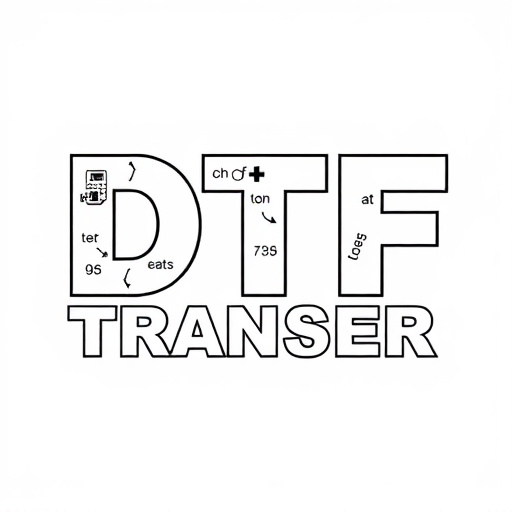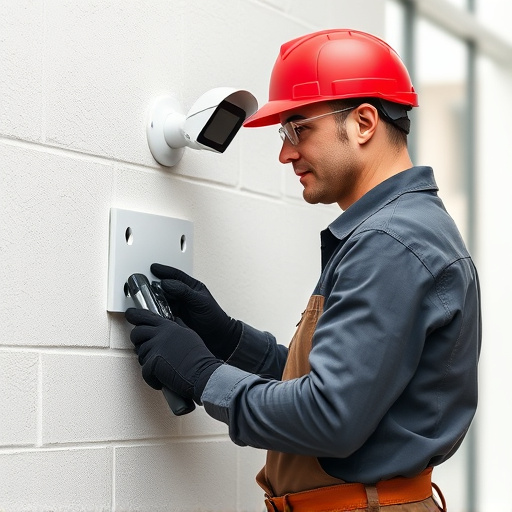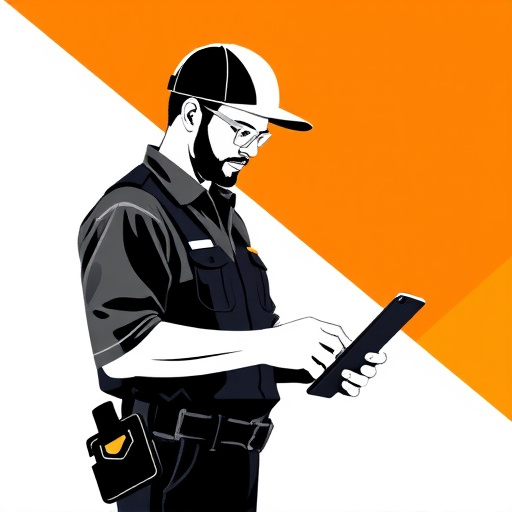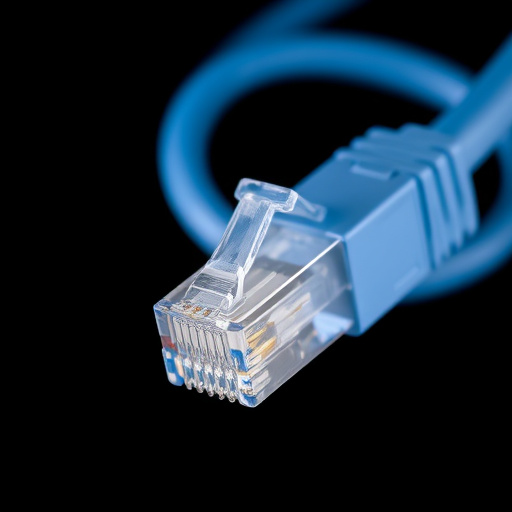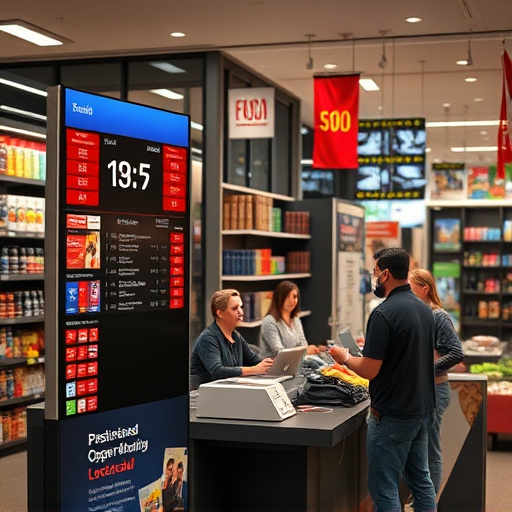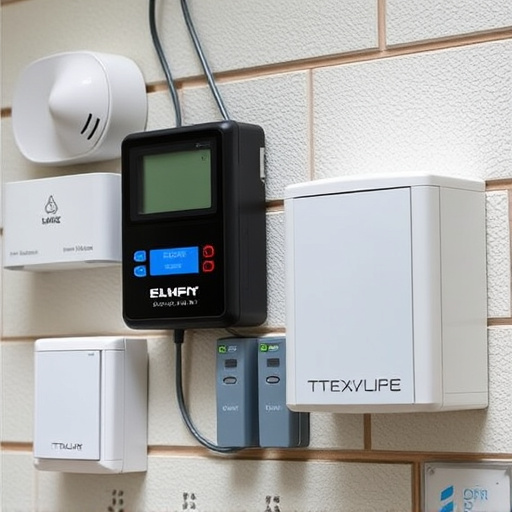In Pittsburgh, PA, access control regulations are strict, prioritizing safety and security with requirements beyond basic locks. Businesses and homeowners need to comply with local ordinances on privacy and emergency response, using cameras and regular inspections for systems like Access Control Systems Pittsburgh PA. Failure to navigate legal aspects could lead to significant repercussions. Robust systems require understanding PDSA, GDPR, risk assessments, encryption, access audits, high-quality cameras, and cloud-managed solutions to protect data from cyber threats.
“In the dynamic landscape of security, understanding legal requirements is paramount, especially for bustling cities like Pittsburgh, PA. This article delves into the intricate details surrounding Access Control Systems in Pittsburgh, PA, offering a comprehensive guide for businesses aiming to navigate this regulatory terrain. From grasping the city’s access control regulations to identifying key legal considerations during implementation, we provide essential insights. Discover best practices ensuring compliance and stay ahead of the curve in Pittsburgh’s robust business environment.”
- Understanding Access Control Regulations in Pittsburgh PA
- Key Legal Aspects of Implementing Access Control Systems
- Ensuring Compliance: Best Practices for Pittsburgh Businesses
Understanding Access Control Regulations in Pittsburgh PA

In Pittsburgh, PA, understanding access control regulations is paramount for businesses and homeowners alike. The city has stringent laws in place to ensure the safety and security of its residents and properties. Access Control Systems Pittsburgh PA are not just about installing locks and alarms; they must comply with local ordinances that cover everything from privacy rights to emergency response capabilities. Home security systems, including outdoor security cameras and indoor security cameras, play a significant role in meeting these regulatory standards.
Business owners and homeowners must ensure their access control measures are up-to-date and meet the required safety protocols. This involves regular inspections, proper installation, and maintenance of security devices. Additionally, they should be aware of regulations related to data privacy, especially when dealing with surveillance footage. By adhering to these guidelines, Pittsburgh residents can enjoy enhanced home security without compromising on legal compliance, ensuring peace of mind in a secure environment.
Key Legal Aspects of Implementing Access Control Systems

When implementing Access Control Systems in Pittsburgh, PA, businesses and property owners must navigate a series of legal considerations to ensure compliance. Key among these are data privacy regulations, such as the Video Surveillance Device Act, which governs the installation and use of surveillance equipment. This legislation dictates how video footage can be stored, accessed, and shared, emphasizing the need for secure storage solutions and transparent user consent.
Additionally, implementing professional CCTV installation and robust security camera systems requires adherence to employment laws, particularly when employing access control measures to monitor employees or restrict their movements. Cloud-managed security further complicates matters, as it involves storing sensitive data remotely, necessitating compliance with both state and federal cybersecurity standards. Businesses must ensure that any third-party cloud providers meet these requirements to protect against potential legal repercussions.
Ensuring Compliance: Best Practices for Pittsburgh Businesses

Ensuring compliance with access control regulations is paramount for businesses in Pittsburgh, PA, when implementing any system, from local security cameras to cloud-managed security solutions. The city’s legal framework demands rigorous adherence to protect sensitive information and maintain a safe environment. Businesses should initiate their access control journey by thoroughly understanding the Pennsylvania Data Security Act (PDSA) and the General Data Protection Regulation (GDPR), which set standards for handling personal data.
Best practices include conducting comprehensive risk assessments, employing robust encryption for all data transmission and storage, and regularly auditing access rights to prevent unauthorized access. Investing in high-quality indoor security cameras can offer valuable surveillance, while cloud-managed systems provide scalability and real-time monitoring capabilities. Staying updated on local regulations and industry best practices will help Pittsburgh businesses maintain compliance and safeguard their operations from potential cyber threats.
Access Control Systems Pittsburgh PA have become essential for businesses aiming to enhance security and comply with local regulations. By understanding the key legal aspects, such as data privacy laws and equal access requirements, businesses can implement effective systems that safeguard their operations and assets. Adhering to best practices ensures compliance, fostering a safe and secure environment for employees and visitors alike. For Pittsburgh businesses looking to install or upgrade access control measures, staying informed on these legal requirements is vital to navigate this intricate landscape successfully.




